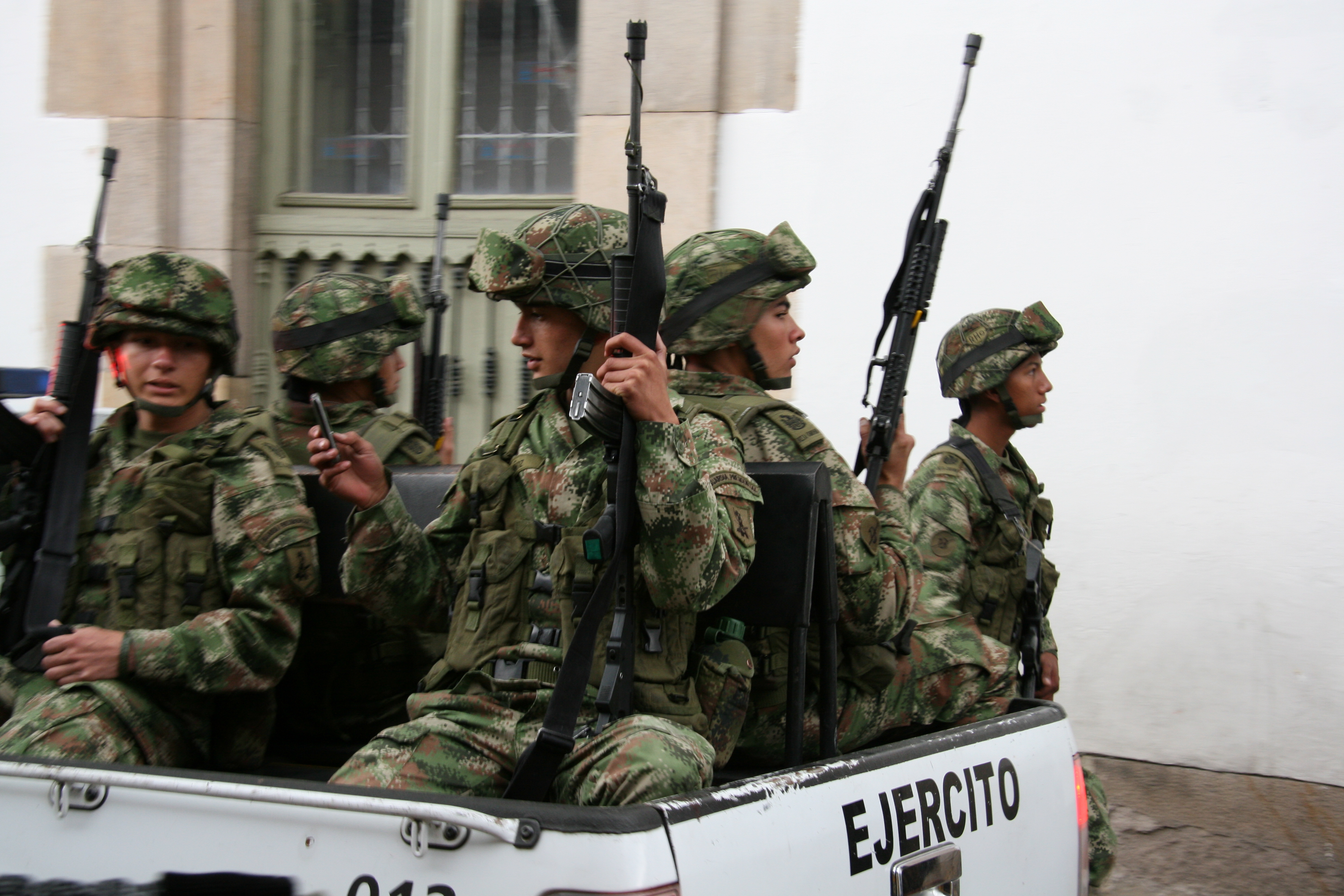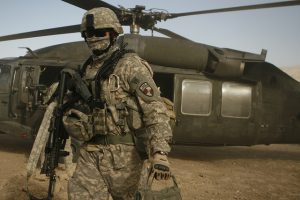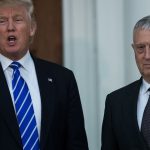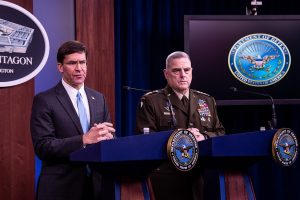by Michael LaSusa
With perceptions of citizen insecurity on the rise in the world’s most violent region, many Latin American countries have begun calling on their militaries to play a larger role in combating crime and violence. But a recent panel of experts questioned the efficacy of this approach and highlighted numerous potential drawbacks to tasking military forces with roles usually assigned to civilian police.
At a September 8 event entitled “Using Militaries as Police in Latin America,” co-hosted by the Center for International Policy and the Washington Office on Latin America (WOLA), security specialists from various backgrounds also raised broader questions about how to balance short-term and long-term public safety goals in the region.
“It’s an interesting moment in Latin America right now,” said panel discussant Adam Isacson, who serves as WOLA’s senior associate for regional security policy. “Wherever people feel insecure…there are calls to involve the military more.”
Isacson also pointed out that this trend toward militarization has continued without much encouragement from the United States. “For the most part, we aren’t putting our money behind it the way we used to,” he said, citing the examples of Argentina and Venezuela, both of which receive little or no security assistance from the United States but have nonetheless favored militarized responses to growing public safety problems.
U.S. security assistance to Latin America has seen an overall decline in recent years, but some panelists suggested that U.S. policies can lead partner countries to adopt skewed law enforcement practices that prioritize “transactional crimes” like drug trafficking and undocumented migration over “predatory” crimes like fraud, extortion, and murder.
“The issue of deploying the military for policing in Latin America takes place within a broader problem of ineffective rule of law in much of the region,” argued Vanda Felbab-Brown, a senior fellow at the Brookings Institution who works on international security issues. “Within this context it may be undesirable to deploy militaries for policing, but it’s almost inescapable.”
Many Latin American citizens lack trust in their local police and judicial systems—often with good reason. In many cases, police and prosecutors are hampered by insufficient training, lack of technical capacity, and limited budgets. They are also vulnerable to corruption engendered by entrenched elites and powerful criminal networks.
In such a context, the armed forces are often perceived as a more professional, less corruptible replacement for ineffective law enforcement bodies. However, the panelists argued that military deployments don’t address fundamental issues affecting civilian institutions.
“If we are not developing police to be able to do what police should do, I think you are undermining the legitimacy of the government and democracy in many of these countries,” said Adam Blackwell, the secretary for multidimensional security at the Organization of American States. “If these countries do not develop their civilian police capacity, we’re going to have a much longer-term problem,” he said.
“You’re fighting an enemy who doesn’t want to fight you,” Isacson added, echoing other panelists who said that Latin American governments should concentrate on improving their ability to investigate and prosecute violent crimes rather than driving up the “cost of business” for transnational criminal organizations operating in the region.
Perhaps unsurprisingly, the use of military personnel in policing roles has also been linked to increases in human rights abuses in many cases in Latin America, which can further erode citizens’ trust in the state. As Isacson put it, “a military is trained to defeat an enemy with overwhelming force, while a police force is trained to serve a population with minimal use of force.”
At the same time, Richard Downie, executive vice president for global strategies for the consulting firm OMNITRU, drew a distinction between “using militaries as police” and “using militaries to support police.” He argued that certain security threats in Latin America, like armed insurgent groups, pose a military challenge that requires a military response.
But Downie also said that he recently attended a conference with regional security officials who expressed “unanimous agreement that [civilian] police were the long-term solution to this issue of security in these countries.” And he said that the military representatives wanted “clear roles and responsibilities delineated between the military and the police and the other entities involved.”
The panel’s clear consensus was that police and judicial reform must be at the forefront of efforts to improve citizen security. Militaries may need to assist civilian authorities in specialized operations or during emergencies. But in the long term, non-military institutions must take the lead on public safety.
The panelists also stressed the importance of pursuing holistic, evidence-based solutions to enduring security challenges in the region, despite the political pressure for immediate results.
“I would say that this is not just a question of more resources, or more money, or more police, or more troops. It’s a more effective use of the resources that we have available,” said Blackwell, emphasizing the need to take socioeconomic factors into account. “You cannot talk about the police in isolation from the rest of the ecosystem.”
Photo: Military police in Colombia





